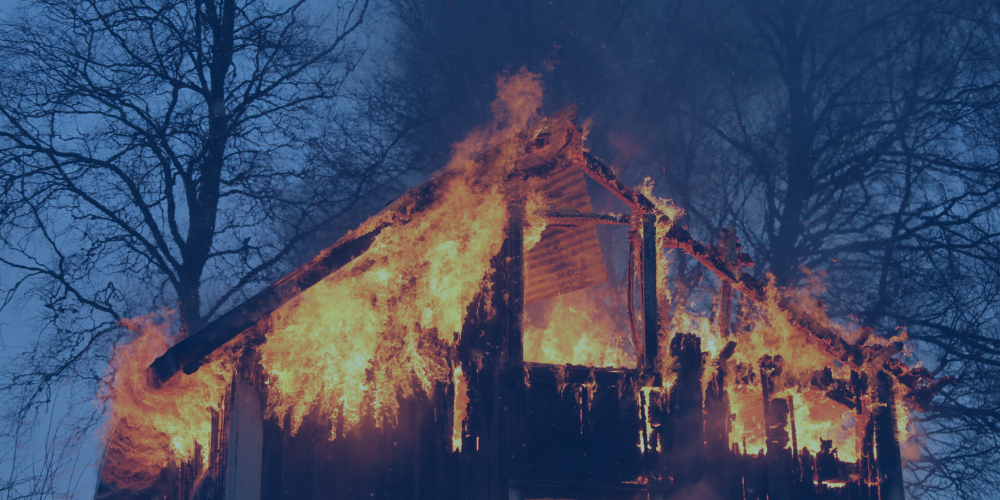October may be known for candy, costumes and things that go bump in the night, but it is also Fire Prevention Month. Established by the National Fire Protection Association (NFPA), the goal is for people to practice fire prevention and whole home safety. In addition to Fire Prevention Month, October is also home to Fire Prevention Week, taking place Oct. 8-14, with the theme of “Fire Won’t Wait, Plan Your Escape.”
ISRI offers a wealth of resources to help prevent fires in your facility. The ISRI fire management webpage houses the fire prevention and management plan, which will help guide you in preparing a fire prevention plan, fight incipient stage fires and help prepare you in the event of a crisis management scenario. ISRI also offers fire safety videos on a variety of topics.
Our most recent fire prevention videos cover:
Fire extinguisher training.
Thinking beyond the obvious when it comes to fire safety.
Hot work safety.
Additional resources are available from the Occupational Safety and Health Administration (OSHA) and the National Safety Council (NSC):
OSHA
Fire Safety Resources
Evacuation Plans and Procedures eTool
NSC
Home Fire Safety Information and Resources
In addition to work, Fire Prevention Month is a good time to make sure you and your family are safe. Below are five tips for your home:
Install Smoke and CO Alarms in Your Home
Alarms should be installed on every level and in every bedroom for whole home protection. Combination smoke and CO alarm systems provide 2-in-1 protection against smoke and carbon monoxide saving space on your wall and installation time.
Be Prepared with Fire Extinguishers
Fire extinguishers can help stop a small fire from growing larger and causing more damage to your house. Be sure to have a fire extinguisher or EZ Fire Extinguishing Spray on every level of your home, as well as in the kitchen and garage.
Plan and Practice Your Emergency Safety Route with Your Family
In the event of a home emergency, help keep your family safe by planning and practicing a home escape plan. Your safety plan should include two exits out of every bedroom and a designated meeting spot a safe distance from your house like the mailbox or neighbor’s house.
Test and Maintain Your Alarm Systems
Test the smoke and CO alarms in your house monthly to ensure they are working properly. If you have a battery powered alarm, change the batteries every six months to make sure your family is safe.
Replace Your Alarms After 10 Years
Smoke and CO alarm systems do not last forever and should be replaced at least 10 years from the manufacture date. The manufacture date can be found on the back of the alarm. When replacing, upgrade outdated alarms to 10-year.










